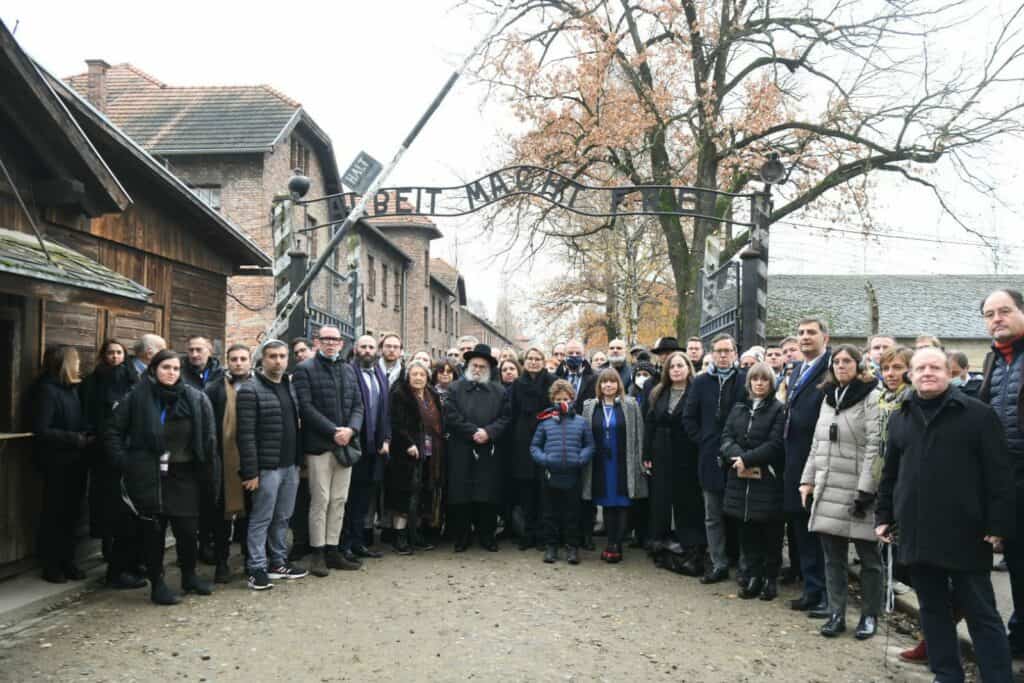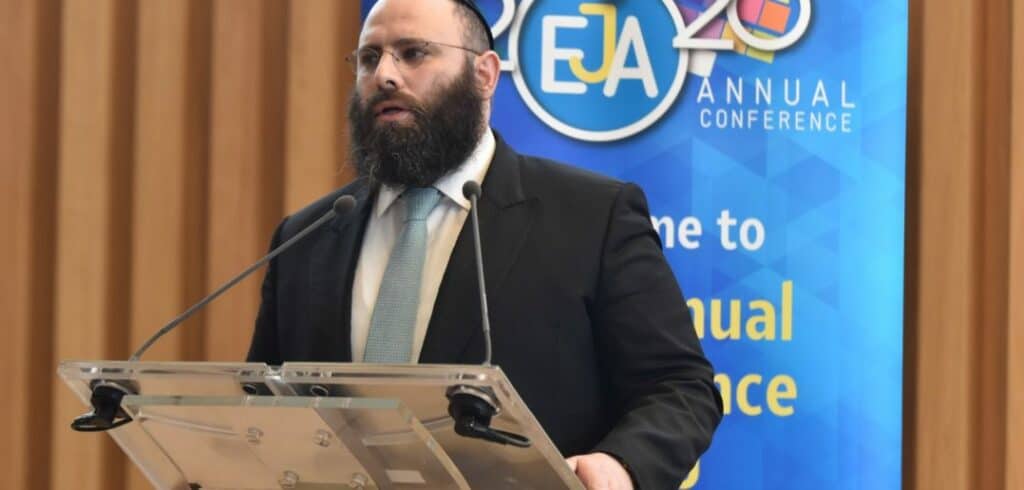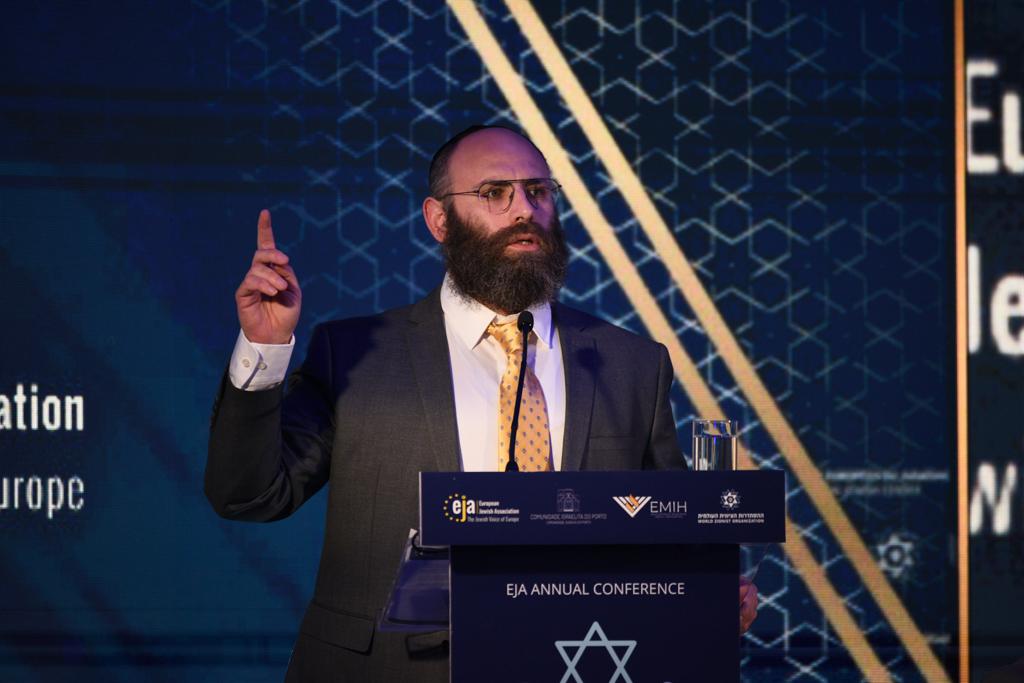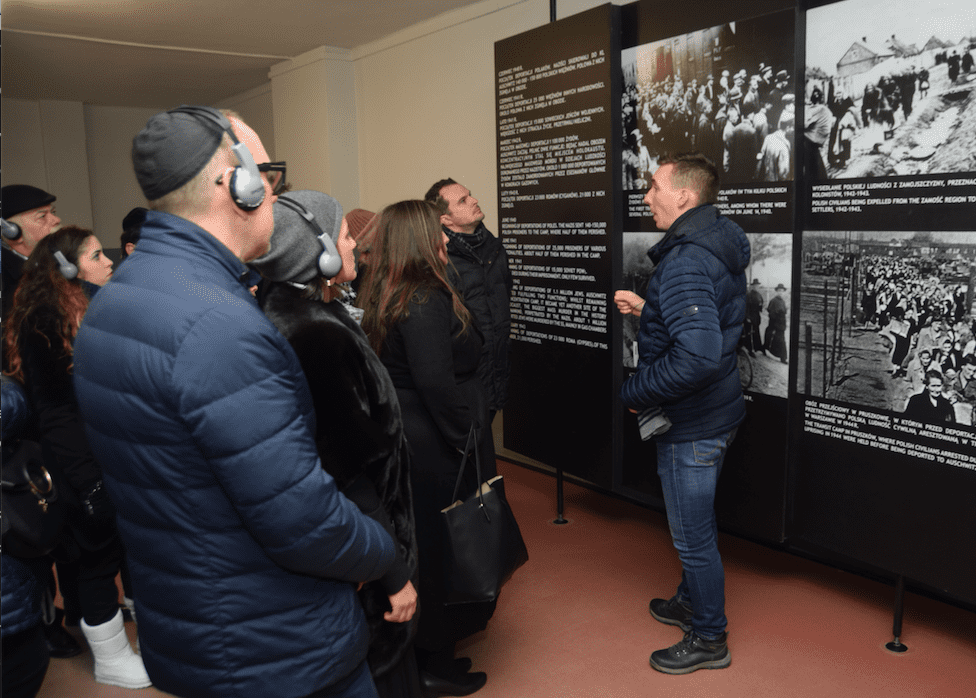Si è conclusa con un applauso alla polizia italiana la conferenza della European Jewish Association (Eja) nell’83° anniversario della Notte dei Cristalli. Per ricordare la distruzione di 1.400 sinagoghe in Germania e Austria e l’uccisione di alcune centinaia di ebrei, la Eja ha raccolto decine di responsabili dei ministeri dell’Istruzione d’Europa per fare il punto sul contrasto all’antisemitismo a scuola. Al capo della polizia Lamberto Giannini, la Eja ha tributato il King David Award per l’opera di protezione delle comunità ebraiche. È stato l’ex vicepresidente della comunità ebraica di Roma Riccardo Pacifici a ricordare che «in Italia non c’è una scuola ebraica o una sinagoga che non goda di una protezione costante». Al Giornale, il prefetto Giannini ha ricordato che «l’antisemitismo è un fenomeno al quale prestare la massima attenzione: anche l’emergenza sanitaria ha dato vita a rigurgiti antiebraici sul web».
Cosa succede in rete?
Si tratta solo di privati disattenti?
«No, l’associazione Stormfront (24 condanne nel 2020, ndr) aveva addentellati con il suprematismo americano e si spendeva anche in maniera contraddittoria per il negazionismo da un lato, giustificando dall’altro lo sterminio degli ebrei».
Perché la Eja ha premiato la polizia italiana?
«Perché da noi tutte le forze dell’ordine prestano grande attenzione alla protezione di una comunità colpita nel 1982 (con l’attentato alla sinagoga di Roma, ndr). Oggi esiste un rapporto stretto con le comunità ebraiche, che ci segnalano eventi potenzialmente pericolosi: questo coordinamento la differenza».
Qual è la situazione della sicurezza dopo due anni di pandemia?
«Ci dobbiamo preparare alle riaperture già iniziate con serenità ed equilibrio. Io penso all’Italia come a una molla che è stata compressa e adesso si muove per tornare alla sua estensione: serve fare attenzione. Oggi occorre evitare infiltrazione della criminalità nei fondi che stanno arrivando. Sul fronte manifestazioni cerchiamo di contemperare il diritto a manifestare con il dovere di farlo in maniera pacifica. I fatti internazionali ci ricordano poi che esiste un rischio terrorismo: senza dubbio stiamo vivendo un periodo che non ha precedenti».
https://www.ilgiornale.it/news/politica/polizia-italiana-premiata-contrasto-agli-antisemiti-1988059.html














